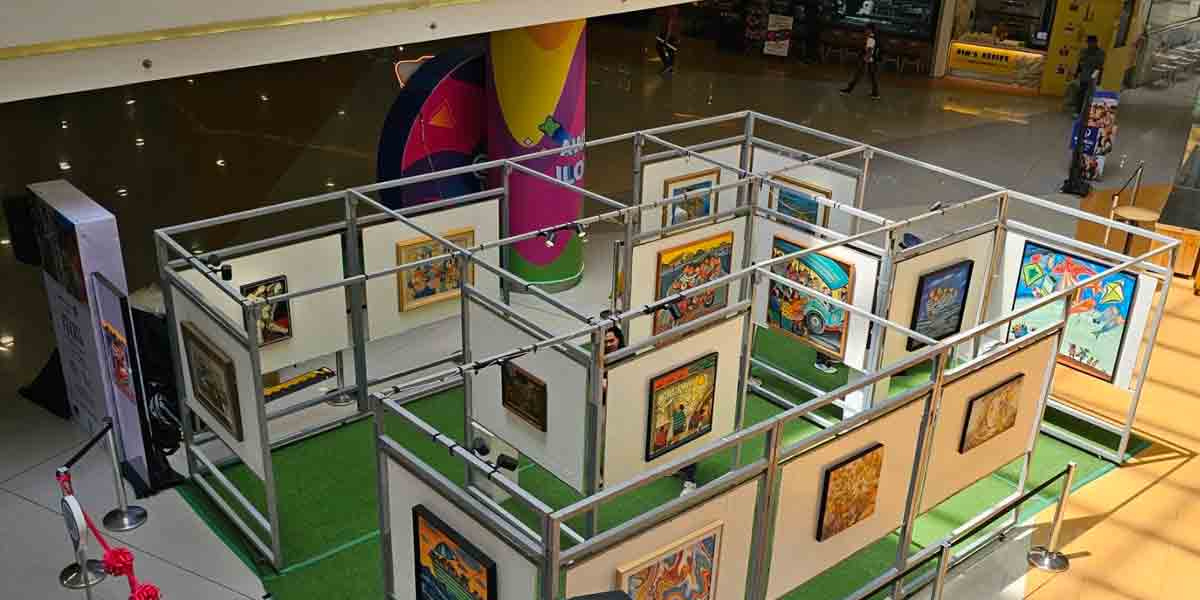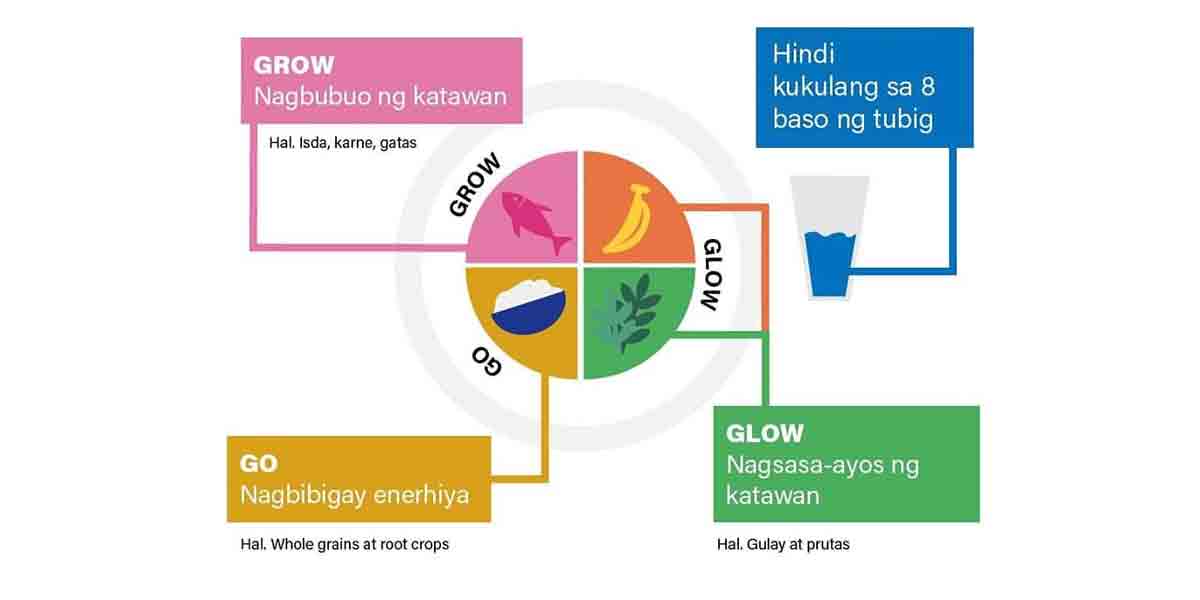By Klaus Döring
It’s as if we can’t deal with down time. What happened to just staring out the window, lost in our thoughts? Now we have to be constantly entertained. That’s not an addiction. That’s just pitiful.
Refusal and compassion characterize society’s attitude as regards social weaklings and handicapped people. It’s a topic which one gladly drives out, represses or tries to forget. I have written about this topic many times, although I have missed more about it.
Even in different groups, some segments of society are distant from them. The socially discriminated and handicapped people don’t correspond to performance, work, capacity, stress and competition in our daily surroundings. Opinions like these – well, that’s how people do it!
We are becoming a society of weaklings and confabulators. I recently read a piece in the Daily Mail in which a psychotherapist claimed social media are as addictive as Class A drugs. Yeah, he really said that.
He was trying to explain why so many people can’t stay away from Facebook. It’s not hard to explain, and it has nothing to do with addiction. First, we must understand the difference between habit and addiction.
Cigarette smoking is often referred to as a bad habit, but there’s a very real addictive quality to nicotine. The body suffers from withdrawals when it becomes used to nicotine and suddenly doesn’t get it. That’s not to make an excuse for continuing to smoke. The addiction can be broken, but it takes willpower. Such is with the habit of social media. Look around any restaurant these days. Anyone who’s left alone at a table for more than a couple of seconds immediately reaches for the smartphone. I’m not going to claim that I haven’t done it, but I make a concerted effort not to use my phone as a crutch.
The anti-social slum inhabitant has not accepted his responsibility, and the anti-social confidence trickster, certainly not blind and without having difficulty in walking, doesn’t believe in us. That’s it! Finished!
The “bobo”, the alcoholic, the without means “gentleman of the road” – so what! Did everybody not choose his own living conditions? In plain words: the ideals of success, ability, efficiency, and competitiveness in our performance-oriented society and its business life describe such fringe groups as “standard violators”, such as in failure, flop or slacker. But remember: tax evasion or corruption is more costly than a social welfare client.
Do you have a social weakness or handicapped people in your surroundings – in your company? Mostly, these persons appear as a monotonous mass through the glasses of prejudices. How painful!
Honestly, but true: hindrance and handicap drive people into poverty many times. Prevailing opinion is that poverty is going for a fault. The affected people draw back themselves with a sensible sense of shame. And, have you given notice already: most handicapped people feel isolated in their surroundings. Meeting such people sometimes becomes even a bashful situation, while giving the appearance of normality. In my opinion: this must not happen!
Sometimes we try to avoid any communication, because we might say something wrong. Then – just put a smile on your face, as I often did. I really plead for more integration. Let’s give “such people” autonomy and acceptance starting in school or kindergarten. Let’s increase more livable offers for organizations. Social weaklings and handicapped people don’t hinder, hamper or prevent us from living in a society with a philanthropist face. We are all human beings.
Here’s my theory: Everyone wakes up in a good mood. It’s people and society that changes it.
+++
Email: doringklaus@gmail.com or follow me on Facebook or Linkedin or visit www.germanexpatinthephilippines.blogspot.com or www.klausdoringsclassicalmusic.blogspot.com .

























